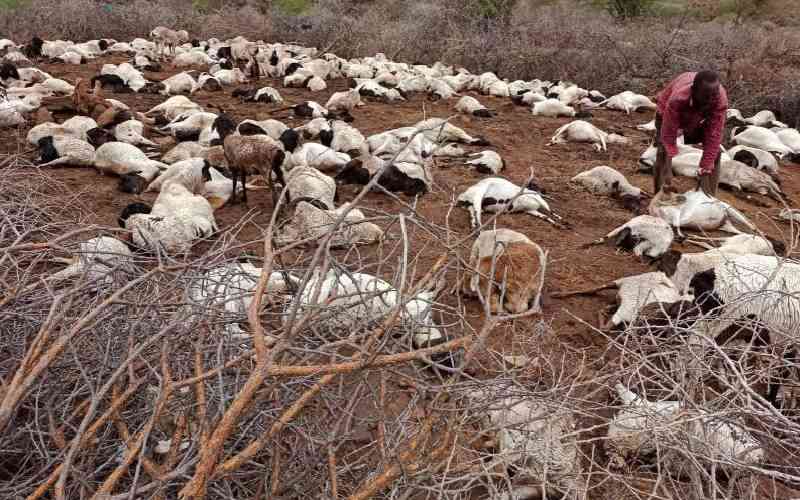
When Robert H Schuller published his classic Tough Times Never Last, But Tough People Do! he must have had a time like this in mind, albeit the context here is Kenya in 2023. Indeed, he wrote the book after a severe and prolonged recession between January 1980 and November 1982 in the US.
Packaged within his Possibility Thinking philosophy, the phraseology brought about a ray of hope across American public life in the early 1980s. The consequences of the recession were reminiscent of the Great Depression of the 1930s, with company after company declaring bankruptcy daily.